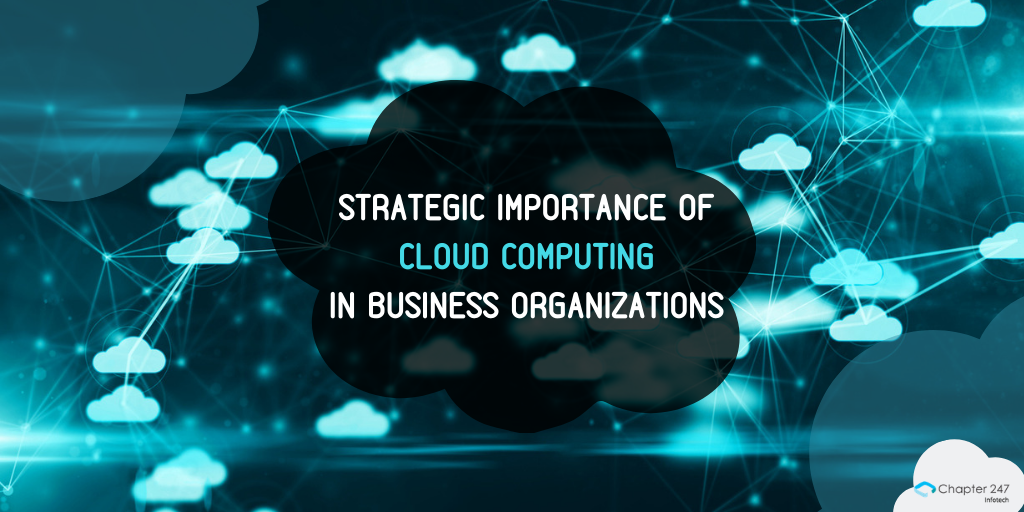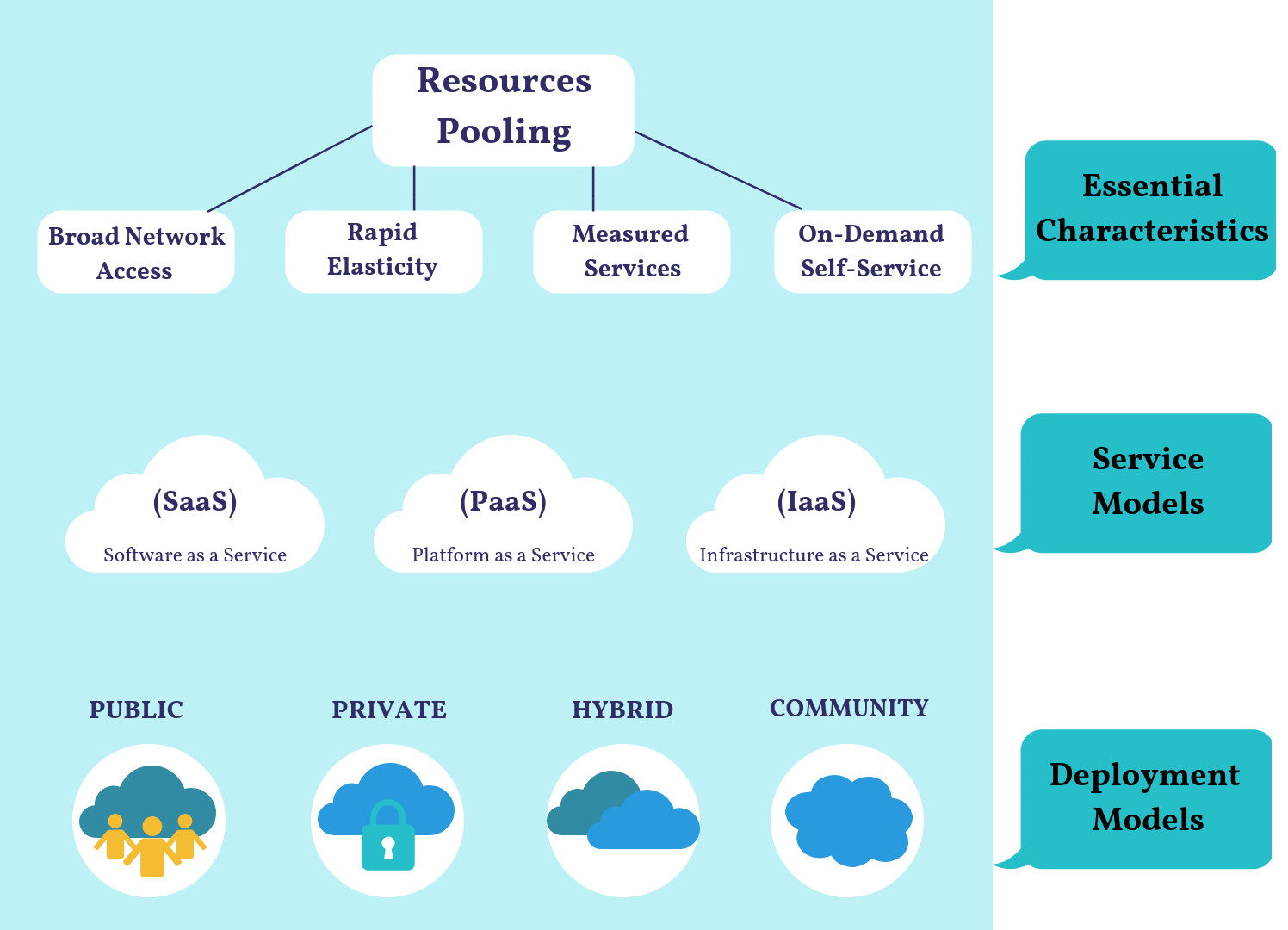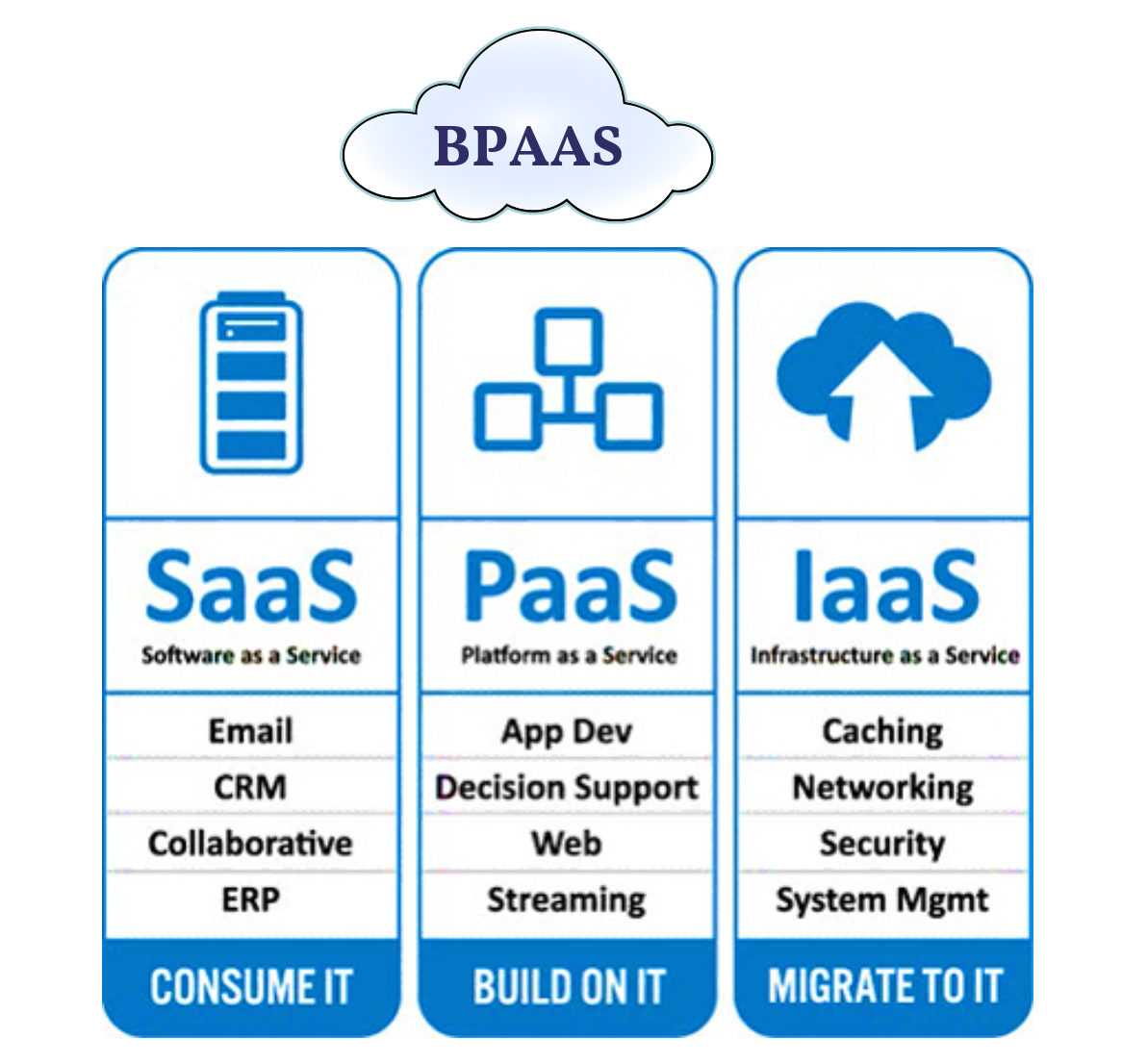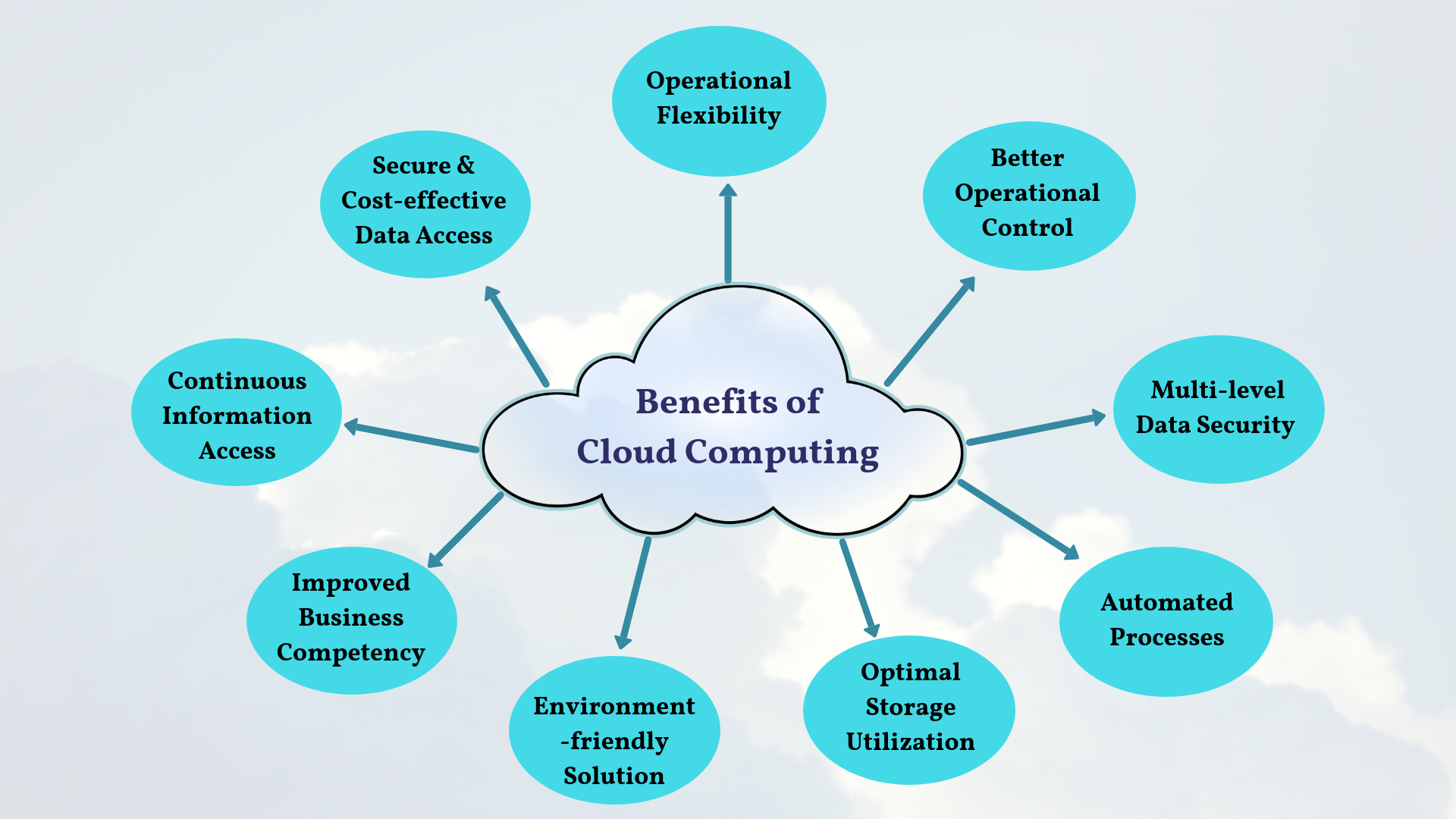With the profusion of cloud computing applications in businesses across domains, it’s strategic importance can be realized from the manifold benefits provided in the realms of ERP, CRM, and other processes.
Cloud computing has proven itself to be an invaluable tool for most modern businesses, with it’s offering of consistent access to information, and distributed nature being major plus points. The International Data Group released a study, expounding that around 70% of all existing businesses utilize cloud computing for remote operations, and backing up business-critical information with multi-level security.
The study further points out that a vast majority of users observe the positive effects of the enhanced security that cloud infrastructure brings. The secure and transparent nature of cloud services have also allowed organizations to adhere to governmental regulations, making the cloud a go-to option for most e-commerce ops.

Cloud and Cloud Computing
The Cloud refers to a network of shared computational resources, including servers, file systems and microservices, that work in tandem with each other. These resources offer businesses an opportunity to seamlessly integrate products and processes online.
Cloud Computing can be understood as the set of functionalities that allow concurrent transactions between interconnected systems. This may include hardware as well as software components and may utilize different protocols and intrinsic methods to carry out the functions.
“Chapter247 Infotech has been recognized as a Top Internet of Things Company on DesignRush”
Cloud Computing: The Futuristic Solution
The significant role of cloud computing in day-to-day business operations can be felt in a wide variety of domains, from social media to banking. Cloud computing is rooted in user-centricity and is essential to operations seeking to modify functionalities according to user needs and trying to avoid major infrastructure changes. This works exceptionally well when combined with mobile computing.
Some essential factors which makes cloud computing indispensable to organizations are –
- Independence of devices and locations.
- 24X7 availability through network virtualization.
- Security in storage management, with the provision of offline access.
- Cost effectiveness on a pay-per-use basis.
- Increase of network speed through dynamic management of network resources.
- Bringing scalability, sustainability, and reliability to business ops.
- Lowering the ownership costs as compared to legacy networks.
- Agile cloud server deployment with multitasking capability.
- Faster data recovery and automated data backup.
Cloud Computing in Business Operations
Cloud computing services allow enterprises to automate intrinsic and extrinsic processes to save time, costs and allow high accessibility to customers. Conventional physical infrastructure dependent systems focussed on static servers requiring high-cost individual licenses and software. In contrast, cloud offers a much more flexible model of distributed systems employing Saas, Paas, Iaas and HaaS.
Chapter247 Infotech has a long history of successfully implementing this technology for client specific requirements.
Businesses of all sizes can leverage the power of the cloud to manage, monitor, maintain and distribute information in a secure and recoverable manner.
Types of Cloud Computing
The major cloud computing offerings in today’s market can be classified initially on the type of network employed by the provider:
- Public networks
These networks are meant for public use and are hosted by certain organizations for this purpose.
- Private networks
These are meant for internal hosting and are generally used by private bodies for secure usage.
- Community networks
Several enterprises band together to host these networks to serve a common purpose.
- Hybrid networks
This represents a mix of the aforementioned networks and may be made up of discrete networks or multiple versions or constructs of a similar network working in tandem.
Identifying the Best Cloud Services for Your Business
It is not sufficient to understand the types of cloud networks that can be used, but to choose them based on their utility to your business line.
The different varieties of cloud computing solutions according to functionality are classified as follows:
- Software as a Service (SaaS)
This allows the user to access the software suite on the platform, along with the necessary infrastructure to run it. This offers the least customizability, but the greatest ease of use.
- Platform as a Service (PaaS)
This allows user to operate custom software and personalized data on a server platform, and the OS and other infra are provided by the host company. This allows for use-based scalability, without the need to plan ahead in terms of infrastructure.
- Infrastructure as a Service (IaaS)
Organizations struggle with infrastructure provisioning as the flow of business operations leads to either over expenditure or paucity. Cloud computing organizations allow for enterprises to utilize servers, OS and other computing systems on a per-need basis without having to handle their complex management.

- Business Process as a Service (BPaaS)
This sort of cloud offering can help scale businesses both vertically as well as horizontally. They seek to complement the entire business process by offering a mix of API’s, services, environments, servers as well as SaaS, PaaS, and IaaS hosts for a comprehensive experience. Benefits of Cloud Computing
Benefits of Cloud Computing
The benefits of cloud computing to enterprises are legion and companies can leverage its power to conduct business globally, with absolute assurance of security, accessibility, and scalability. Below are some benefits that make cloud computing indispensable for business:
- Secure and Cost-effective Data Access
Using centralized server networks to store and modify data can lower the costs of business operations and allows the users to be secure in the knowledge that their data is kept confidential and accessible at all times.
- Operational Flexibility
Cloud solutions offer enhanced operational flexibility to ensure that your business runs seamlessly in the long run. It facilitates operating distributed teams without hindrance and infrastructure issues.
- Better Operational Control
Cloud offers secure data storage and transfer and provides the organization with robust tools to control the flow and use of data.
- Continuous Information Access
Cloud offers both online and offline data transfer and access which helps cloud solutions to offer unprecedented levels of accessibility to large user bases.
- Implementation of Multi-level Data Security
The cloud offers authentication-based data dissemination facilities which allows information to be put into virtual containers which can be accessed only by the right people in the right way.
- Automated Processes
The cloud computing services allow for regular and automated backups and updates of data and systems, ensuring that processes run smoothly.
- Optimal Storage Utilization
Cloud computing allows a common storage infrastructure to be deployed and used by different processes and leverages tools like virtualization to optimize storage utility.
- Environment-friendly Solution
Cloud computing offers flexible servers to fit in vast volumes of data and allow documentation to be made virtual instead of paper heavy.
- Improved Business Competency
Cloud computing solutions allow for automated enterprise solutions and allow enterprises to be more responsive and generate more value to provide more visibility.
In a nutshell
We at Chapter247 Infotech, provide customized cloud computing solutions to help organizations utilize cloud computing to unleash their true potential. Our offerings include the following:
- Web and Mobile Development
- E-Commerce Platform Development
- Mobile Applications and API
Our vast experience in delivering projects across continents over the last 6 years has allowed us to count in clients like FedEx, QIPOST, and Tessa. Contact us to help take your venture to the cloud.








